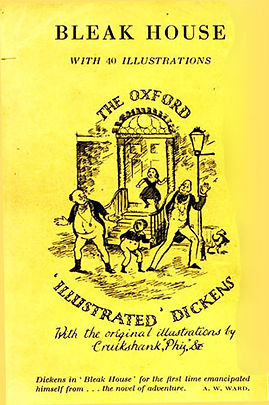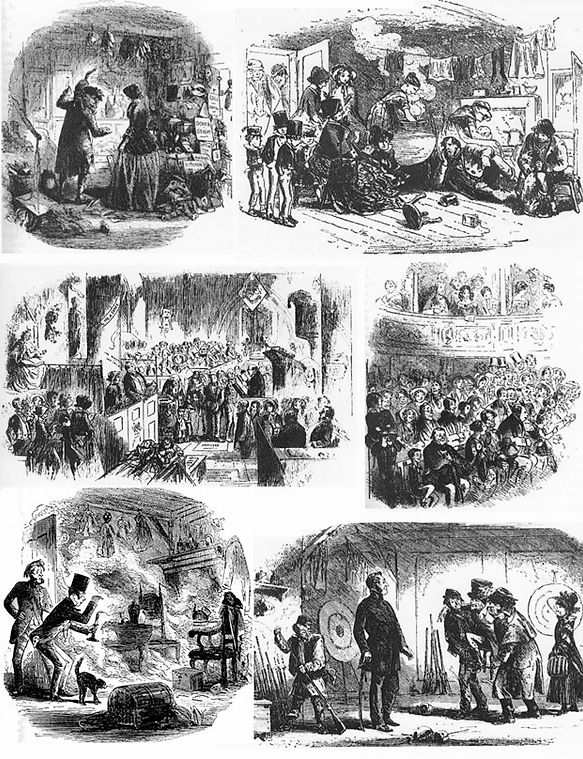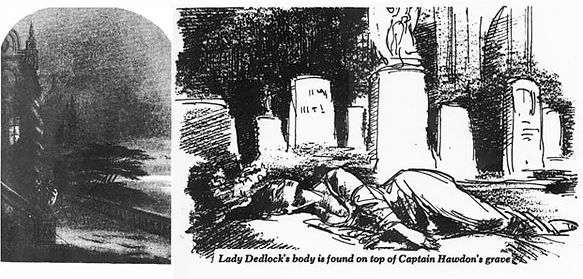However, one near death in the family was sufficient for any day. It appeared that my mother had suffered a minor stroke, but she was still unconscious as they carried her out to the waiting ambulance. Horrie muttered Rosely’s name throughout, along with various unintelligible sounds that I could only suppose were the intended sufferings of my evil sister. But really, I didn’t care how Horrie killed her, just as long as he did.
He might have too, had there not been delaying factors. As the ambulance set forth for the Alfred Hospital, the surviving members of the family followed in my car, since Horrie’s was, as usual, under repair.
“What about Rosely,” I asked as I took the wheel.
“Fuck Rosalie!” Horrie said emphatically.
Until these events, my life had been generally on the improve. After three attempts, on the first of which I treated the Traffic Sergeant from Brighton Police to a collision with a delivery van, I had obtained my driver’s licence. The second attempt had failed simply because it was the same sergeant who took me for the test. Along the way, I had managed to accumulate some small savings, sufficient to buy a ten year old FJ Holden, which had become my pride and joy. It worked, most of the time, and the paint was shiny, even if it was of a colour that Rosely had called ‘dog-vomit green’. It amused me to think that old dog-vomit now comprised the cavalry on its way to rescue Miss Bossy-boots from her folly.
They advance slowly, looking at all these things. The cat remains where they found it, still snarling at something on the ground, before the fire and between the two chairs. What is it? Hold up the light.
Here is a small burnt patch of flooring; here is a tinder from a little bundle of burnt paper, but not so light as usual, seeming to be steeped in something; and here is—is it the cinder of a small charred and broken log of wood sprinkled with white ash or is it coal? O Horror, he is here! And this from which we run away, striking out the light and overturning one another into the street, is all that represents him.
Help, help, help! Come into this house for Heaven’s sake!
Plenty will come in but none can help. The Lord Chancellor of that Court, true to his title in his last act, has died the death of all Lord Chancellors in all Courts, and of all authorities in all places under all names soever, where false pretences are made, and where injustice is done. Call the death by any name Your Highness will, attribute it to whom you will, it is the same death eternally—inborn, inbred, itself and that only—Spontaneous Combustion, and none other of all the deaths that can be died.
Charles Dickens continued in fine form in Bleak House, in which an interminable litigation is fought out in the Court of Chancery, beginning years before the book starts and continuing endlessly. Of greatest interest here is the case of death by spontaneous combustion of Mr Krook, which Dickens was obliged to defend in his preface. He was wrong, of course, although he couldn't have known that. Spontaneous Combustion was suspected to be false at the time, but not proven so for another hundred years. Of interest too is that it is narrated by a female character, although you need to be reminded of that from time to time.



